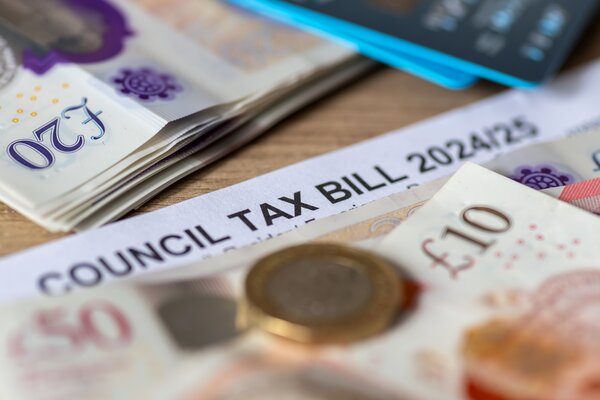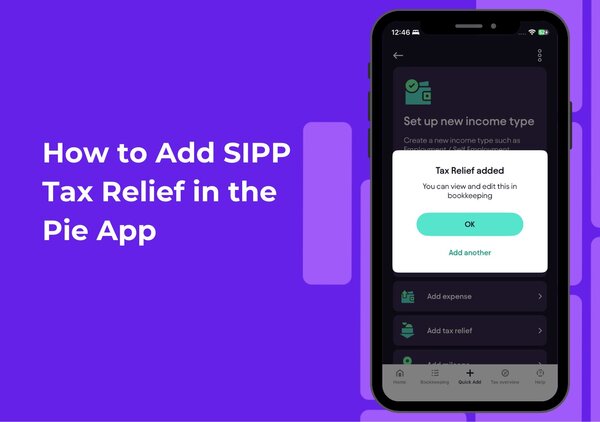
In a significant move to address tax evasion in the rental sector, HM Revenue & Customs (HMRC) has dispatched over 4,000 compliance letters to landlords across the UK in May 2025. These letters urge recipients to disclose any previously undeclared rental income, highlighting the government's intensified efforts to close the tax gap.
The initiative is part of HMRC's broader strategy to leverage data analytics and inter-agency cooperation to identify discrepancies in reported income. Landlords are being warned that failure to voluntarily disclose rental earnings could result in substantial penalties, interest charges, and potential legal action.
HMRC's Enhanced Surveillance and Data Matching Techniques
HMRC has significantly upgraded its surveillance capabilities, employing advanced data analytics and artificial intelligence to cross-reference information from various sources. These include Land Registry records, mortgage data, bank transactions, and tenancy deposit schemes.
Additionally, since January 2025, online platforms like Airbnb, Booking.com, and Vrbo are legally mandated to share host income data with HMRC, further tightening the net around non-compliant landlords. Public tip-offs also play a role, with HMRC encouraging individuals to report suspected tax avoidance. This multifaceted approach ensures that undeclared rental income is increasingly difficult to conceal.
The Let Property Campaign: A Pathway to Compliance
To facilitate voluntary disclosure, HMRC offers the Let Property Campaign (LPC), a scheme designed for landlords who have not declared rental income. By participating in the LPC, landlords can benefit from reduced penalties and a structured process to rectify their tax affairs.
The process involves notifying HMRC of the intention to disclose, after which landlords have 90 days to calculate and pay the owed tax.This initiative aims to encourage compliance while mitigating the financial impact on landlords who come forward proactively.
Potential Penalties for Non-Disclosure
Landlords who fail to disclose undeclared rental income risk facing severe penalties. These can range from 10% to 100% of the unpaid tax, depending on the nature and duration of the non-compliance.
Interest charges may also apply, and in cases of deliberate evasion, legal action and prosecution are possible. It's important to note that HMRC can investigate unpaid taxes dating back up to 20 years, particularly in instances of deliberate concealment.

Steps for Landlords to Achieve Compliance
Landlords looking to bring their tax affairs up to date should follow a clear set of steps to ensure compliance.
First, they should notify HMRC of their intention to disclose any previously undeclared rental income through the Let Property Campaign. Next, they must calculate the amount of unpaid tax, factoring in any interest and potential penalties.
Once the figures are confirmed, landlords need to submit a full disclosure of the undeclared income to HMRC within the 90-day deadline set after registration.
Finally, they should arrange to pay the owed amount or, if that’s not immediately possible, discuss alternative payment options with HMRC. Engaging a tax professional throughout this process can offer valuable guidance and help ensure everything is handled accurately and efficiently.

Fun Fact
HMRC’s AI system, “Connect,” uses data analytics to spot undeclared rental income and potential tax evasion. It highlights the growing importance of transparency and compliance in the digital age.
Conclusion
In conclusion, HMRC's intensified efforts in 2025 to identify and address undeclared rental income signify a pivotal shift in tax compliance enforcement. Landlords are urged to proactively disclose any previously unreported rental earnings to mitigate potential penalties and legal repercussions.
The Let Property Campaign offers a structured and lenient pathway for compliance, emphasizing the importance of transparency in financial affairs. As HMRC continues to leverage advanced technologies and data-sharing agreements, the window for non-compliance narrows, making voluntary disclosure not just advisable but imperative.
Frequently Asked Questions
What is the Let Property Campaign?
The Let Property Campaign is an HMRC initiative that allows landlords to voluntarily disclose undeclared rental income. By participating, landlords can benefit from reduced penalties and a structured process to rectify their tax affairs.
How far back can HMRC investigate undeclared rental income?
HMRC can investigate unpaid taxes dating back up to 20 years, especially in cases of deliberate concealment. For non-deliberate errors, the investigation period is typically up to 6 years.
What penalties can I face for not declaring rental income?
Penalties range from 10% to 100% of the unpaid tax, depending on the nature of the non-compliance. Interest charges may also apply, and in severe cases, legal action and prosecution are possible.
How does HMRC detect undeclared rental income?
HMRC employs advanced data analytics and AI to cross-reference information from various sources, including Land Registry records, mortgage data, and online rental platforms, to identify discrepancies in reported income.
What should I do if I receive a compliance letter from HMRC?
If you receive a compliance letter, it's crucial to respond promptly. Consider participating in the Let Property Campaign to disclose any undeclared income and seek guidance from tax professionals to navigate the process effectively.











